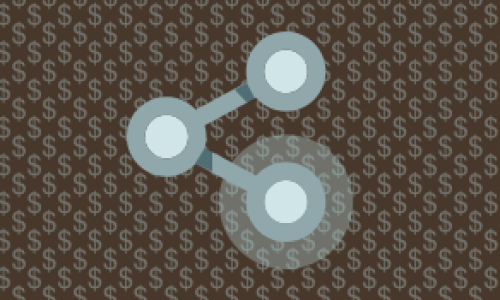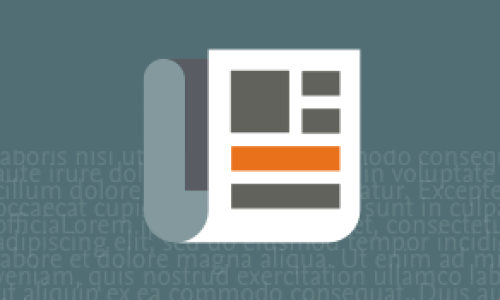Finding the right journal
If you want to get your paper published, one of the key challenges you face is finding the right journal for your research. From the aims and scope, to the journal’s values and ethical practice, there are many points to take into account.
You will want to consider the impact of the journal and there are various metrics available to help you do that. In this series of modules, we explore all these important decision factors in detail. We hear from experts who have practical tips to help you make the right choice. And, we share a useful checklist you can use when evaluating the many journals available.
What you will learn
- Tips for assessing a journal’s aims and scope
- Advice on judging a journal’s ethics
- A useful guide to journal and article metrics









